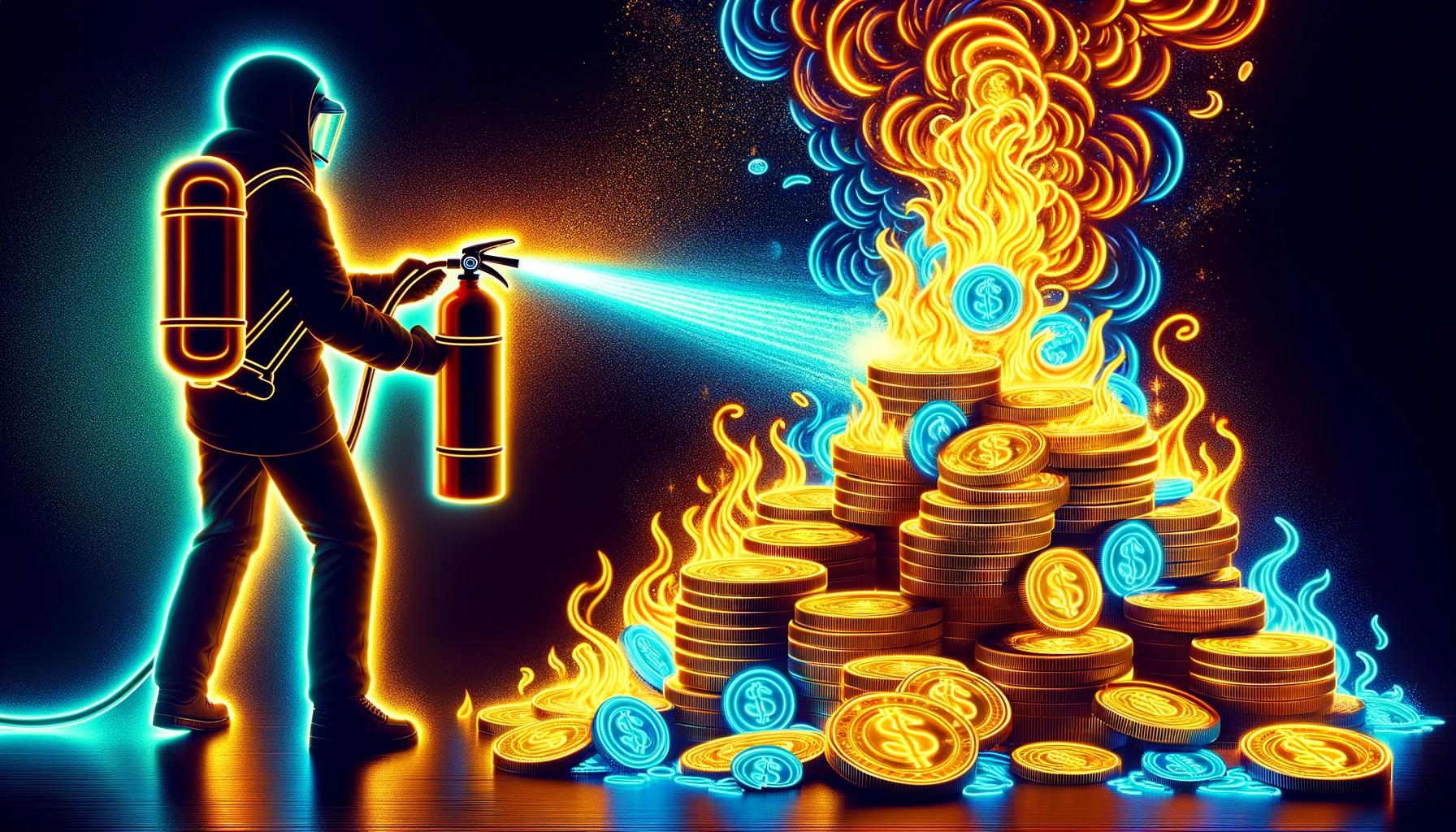
Proponents argued Solana’s outdated precedence charge system was inefficient.
Solana validators are set to get pleasure from a bump in earnings following the passage of a brand new governance proposal.
On Could 27, the Solana neighborhood authorised proposal SIMD-0096 to allocate 100% of precedence charges to community validators and abandon the community’s token burning mechanism. The proposal handed with a sturdy majority of 77% votes solid in favor.
Precedence charges on Solana are elective charges that customers pay on high of base transaction charges to make sure that their transactions are prioritized forward of the usual transaction queue. At current, precedence charges are equally divided between rewards for validators and a token-burning mechanism meant to manage SOL inflation — which stands at 1.5% yearly.
Nevertheless, SIMD-0096’s implementation gained’t be activated for a number of months.
Effectivity vs inflation
The proposal to divert all precedence charges to validators stemmed from considerations that the earlier system could encourage facet offers between community customers and block producers, undermining community integrity.
“For instance, think about a situation the place a transaction submitter needs to prioritize their transaction,” the proposal mentioned. “Beneath the present mannequin, they could choose to straight pay the block producer a 75% precedence charge to make sure their transaction is processed promptly, moderately than paying a 100% precedence charge the place the block producer solely receives 50%.”
The proposal garnered combined responses from outstanding validators. Everstake, Jito, and Solend imagine the proposal higher aligns incentives and improves community effectivity, whereas Step Finance, Triton, and Solana Compass oppose the change.
Hanko Baggins from Bandito Stake warned that eliminating the burn mechanism may result in extreme SOL inflation. “Whereas our baggage would considerably profit from the elevated charges, I’m not snug with eradicating the burn mechanism,” Baggins mentioned.
“Validators are leaning in direction of being grasping, which is not nice information for retail traders,” added X person, dmoutouss.
Anatoly Yakovenko, Solana co-founder, expressed assist for the proposal, emphasizing the inefficiencies of the present system’s Jito ideas — that are the share of precedence charges paid to validators to prioritize transactions.
Yakovenko mentioned that the present system requires customers to pay double the precedence charge when competing to supply Jito ideas because of the community’s burn mechanism. He described the precedence charge burn as a bug within the system, arguing that it forces customers to overpay and advantages validators disproportionately.
As such, Yakovenko characterised Solana’s present Jito ideas mechanism as creating inefficiencies for customers.
“Customers presently must pay 2x increased precedence charges to outbid Jito ideas,” mentioned Yakovenko. “Jito ideas aren’t burned so validators get 100% of the tip. To be included within the block, a person has to pay 2x precedence. It’s simply busted.”
Solana’s transaction charges spiked to an all-time excessive of $0.06 on March 18 amid a protracted interval of heavy congestion on the community that persists to this present day. Though transaction charges have since dropped to $0.016, prices stay increased than on a number of main Ethereum Layer 2s, together with Arbitrum, Linea, and Starknet, based on GrowThePie.
In accordance with Dune Analytics, greater than 56% of transactions have failed on Solana all through Could.
Congestion impacts Solana’s efficiency
Regardless of Solana’s meteoric value beneficial properties on the tail-end of 2023, the community has persistently struggled with community congestion and outages in recent times.
In September 2021, a surge in bot exercise led to a 17-hour community outage. In 2023, one other main outage was triggered by heavy community site visitors following a software program improve, requiring that validators manually restart the community. In February, the Solana blockchain community suffered 5 hours of downtime.
Regardless of these setbacks, Solana continues to set information for transaction throughput.
CoinGecko analysis exhibits that Solana achieved a peak every day common of 1,504 transactions per second (TPS), making it 46 instances quicker than Ethereum, which managed round 22.7 TPS at its peak. Nevertheless, it is vital to notice that Ethereum is scaling by way of Layer 2 options, considerably bolstering Ethereum’s TPS capability on L2.
Solana’s excessive throughput is largely due to its distinctive Proof of Historical past (PoH) consensus mechanism, which permits for environment friendly and fast transaction processing.
On the time of writing, SOL was buying and selling at $157 after shedding 7% previously seven days, based on CoinGecko.
